
Improving Welfare for Stalled Horses with Selected Nature Sounds and Music
Researchers think certain sounds might reduce frustration behaviors in stalled horses.
Design and maintain a healthy horse operation

Researchers think certain sounds might reduce frustration behaviors in stalled horses.

Cultivating healthy soil in your horse’s pastures will help reduce weeds and improve pasture quality. These 4 tips can help you achieve healthy soil on your horse property.

For some horses, overingesting certain grasses can lead to laminitis. Learn more about managing these horses and their pastures.

Learn how allergies happen, how they affect your horse’s body, and how to avoid or treat them.

Summer sores can worsen rapidly without prompt treatment. Find out how to prevent these lesions and explore methods veterinarians use to address them.

Follow the steps in this visual guide to relieve your horse’s clinical signs of insect bite hypersensitivity and prevent future flare-ups. Sponsored by Kinetic Vet.

Cultivating healthy pastures on your horse farm can help remove carbon dioxide from the atmosphere. Here’s how.

Learn what you can do to reduce the carbon footprint of your horse farm.
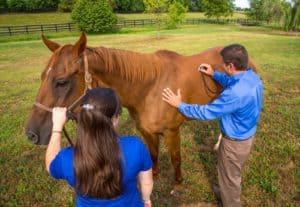
Find out what conditions, beyond lameness, a veterinarian might uncover during a prepurchase exam.

Learn about 10 common plants, chemicals, organisms, and toxins your horse should never eat.
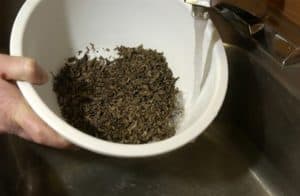
An equine nutritionist offers advice about soaking beet pulp and ensuring it’s safe for horses to eat.
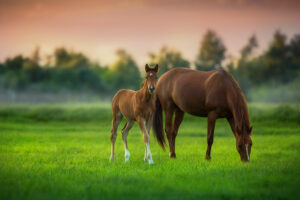
Discover why this common pasture grass is good for grazing but bad for broodmares.
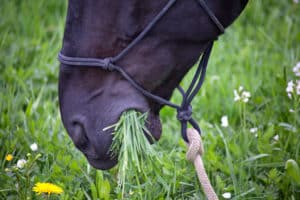
Abruptly putting a horse on pasture can lead to colic or laminitis. Here’s advice to help avoid health problems.
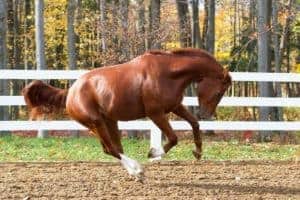
Discover 9 physical and behavioral reasons your horse might be kicking up his heels.
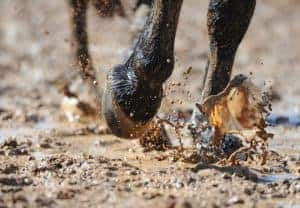
Two veterinarians passionate about hoof care share tips for identifying and dealing with hoof stressors they encounter most frequently.
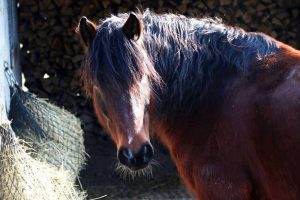
Learn why your horse might benefit from a slow hay feeder and how to choose the right one.
Stay on top of the most recent Horse Health news with
© 2022 Copyright Statement dolor sit amet, consetetur sadipscing User Terms, sed diam nonumy eirmod tempor invidunt ut labore et dolore magna aliquyam erat, sed diam voluptua. At vero eos et accusam et justo duo dolores et ea rebum. Stet clita kasd gubergren, no sea takimata sanctus est Lorem ipsum dolor sit amet.
"*" indicates required fields